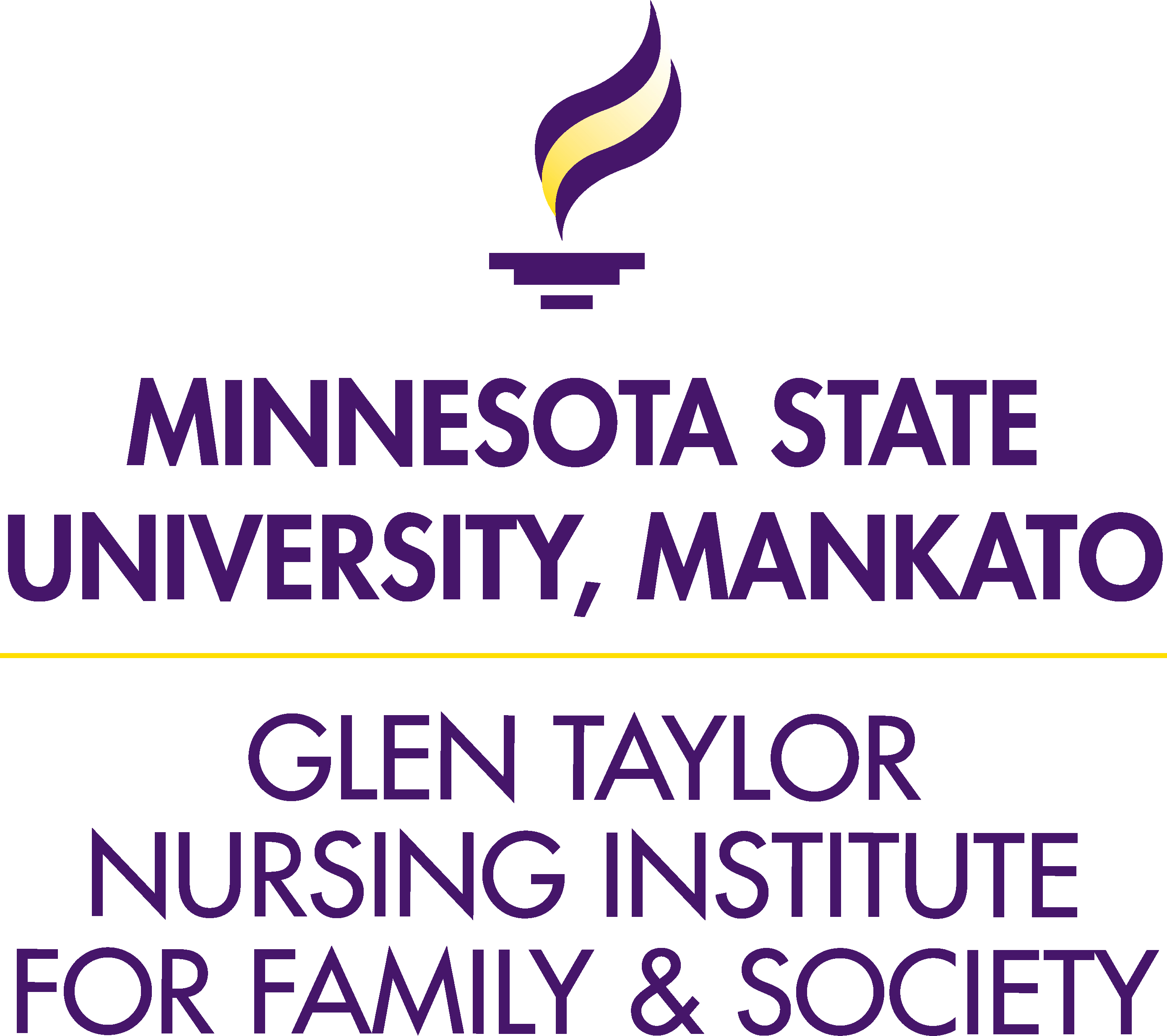Developed by Naohiro Hohashi, RN, PHN, PhD and his colleagues. The Concentric Sphere Family Environment Theory (CSFET) is a practice model that takes a holistic approach to the environment that affects the family’s well-being. This model is described in the nursing textbook, “Atarashii Kazoku Kangogaku” [in Japanese] and involves both assessment and intervention. This model has been developed in Japan and an English translation of the Family Environment Map (FEM-E) is now available. For more information see the following publications:
- Hohashi, N., & Honda, J. (2011). Development of the Concentric Sphere Family Environment Model and companion tools for culturally congruent family assessment. Journal of Transcultural Nursing, 22(4), 350-361. doi: 10.1177/1043659611414200
- Hohashi N., & Honda, J. (2015). Assessment guide for the English version of the Family Environment Map (FEM-E). Tokyo, Japan: Editex.
Family signs/symptoms as proposed by Hohashi & Hinoue (2010) are “problematic conditions in the family system unit, comprehensively assessed by a nursing professional based on subjective and objective family data.” They form the core of the family assessment model/intervention model on which the Concentric Sphere Family Environment Theory (CSFET), a middle-range family nursing theory, is based. Through the labeling of family symptoms, nursing professionals are able to make use of a common language related to family intervention, enabling intervention in response to the family symptoms, which, for example, might include “Dysfunctional communications within the family,” “Difficulties in formation of family agreements.” Up to the present, the effectiveness of identifying family s/s has been validated through research into family interventions in a clinical setting, with the outcome results reported at a number of academic conferences. Reference: Hohashi, N., & Hinoue, E. (2010). Family health care nursing based on family signs/symptoms. In N. Hohashi (Ed.), New family health care nursing: Theory, practice and research (pp. 45-51). Tokyo, Japan: Medical Friend Sha. [in Japanese]
Website: http://www.familynursing.org/theory/
